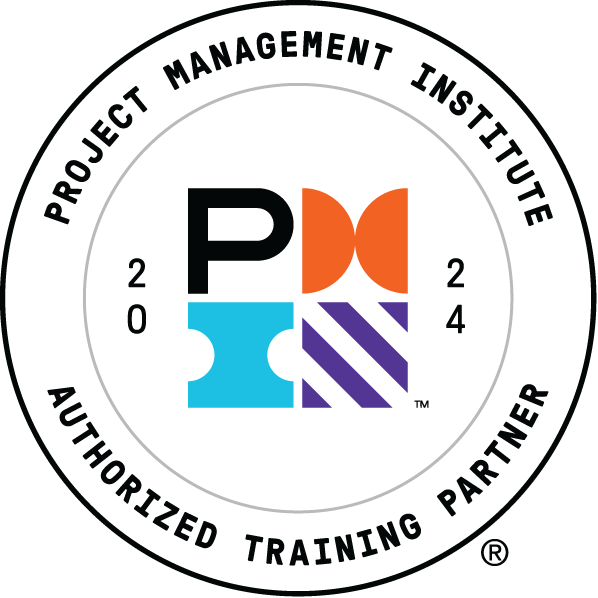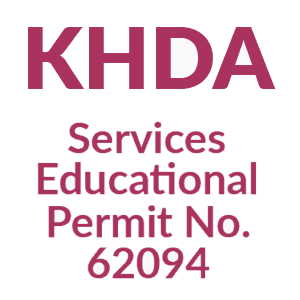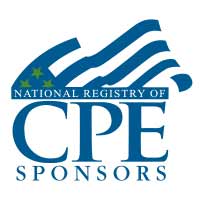Classroom Sessions:
| Date | Venue | Fees | |
|---|---|---|---|
| 03 - 14 Jun 2024 | London - UK | $11,900 | |
| 19 - 30 Aug 2024 | Barcelona - Spain | $11,900 | |
| 07 - 18 Oct 2024 | Dubai - UAE | $11,900 | |
| 18 - 29 Nov 2024 | London - UK | $11,900 |
INTRODUCTION
The development and implementation of carefully crafted strategies for the acquisition of all materials, goods, equipment and services has become a critical issue in all organizations wishing to reduce operating cost while improving quality and productivity. This GLOMACS Procurement and Supply Chain Management Best Practices training course explores key concepts forming the basis of procurement and supply chain management and moves through leading edge issues that confront organizations today.
This fast-paced PMI approved Procurement and Supply Chain Management Best Practices training course is designed for those wanting to develop high performance purchasing and supply chain organizations:
- Achieve a thorough understanding of what is the best practice
- Establish the mission, vision, and knowledge needed to successfully implement the processes and methods needed to reach world-class performance
- Provide an overview of the key drivers involved when viewing supply chains from a logistics/demand point of view
- Explain what procurement and supply chain management are fundamentally about so that delegates are able to apply key techniques in controlling cost, time and the movement of goods and materials to customers and users
- Provide practical skills to take back to the workplace to enable delegates to change current methods and activities and work better with all supply chain players
MODULES
This training course is split into two modules:
MODULE I - Procurement Best Practices
MODULE II - Logistics & Supply Chain Management
Each module is structured and can be taken as a stand-alone training course; however, delegates will maximise their benefits by taking Module 1 and 2 back-to-back as a 2-week training course.
Objectives
Participants attending this Procurement and Supply Chain Management Best Practices training course will:
- Review the meaning of strategic procurement
- Be given examples of best practices in procurement and the supply chain
- Review how to obtain best pricing
- Be taught how to develop spend analysis
- Develop a functional and cross functional view of the supply chain
- See that better working with all of the supply chain players pays
- Consider Key Performance Indicators (KPI’s)
Training Methodology
Participants will increase competencies through a variety of instructional methods including lecture by experienced practitioners and consultants, exercises, review published articles, and group discussions covering current practices and their relationship to the implementation of new concepts. Additional use will be made of case studies, videos and delegates will receive a comprehensive course manual enabling practical application and reinforcement.
Organisational Impact
The organisation will benefit by:
- Higher productivity of personnel involved in procurement activities
- Better outcomes in transactions with contractors and suppliers
- Reduced total cost of materials & services
- Better integration between internal functions
- Improved contractor / supplier performance
- Succeed in improving operations
Personal Impact
Attendees will gain by participation in this GLOMACS Procurement and Supply Chain Management Best Practices training course as a result of:
- Increased skill sets
- A greater ability to lead, plan, and manage the procurement and supply chain process
- A greater sense of professionalism and being able to contribute to the organisation
- Increased recognition from the organization due to improved personal performance
- Be able to understand, recall and apply improvements after the seminar for work based application
- Applying best in class practices
WHO SHOULD ATTEND?
- Contracts, Purchasing, and Procurement Personnel
- Project, Engineering, Operational, and Maintenance, Personnel who are involved in the planning, and execution of purchases and contracts
- Supply, Buying, Purchase, Logistics, Materials and Supply Chain Professionals
- All involved in the acquisition of materials, equipment, and services and who are in organizations whose leadership want high levels of competency in those involved in these activities
- Those who need to develop their limited understanding about Logistics and Supply Chain Management
- Those who are looking for business gains and benefits from managing their supply chains more effectively
Module 1: Procurement Best Practices
DAY 1
Seeing Procurement as a Dynamic, Interactive System
- The System Approach vs. the Traditional Functional Approach
- What is the goal of Procurement?
- Developing the Strategic Procurement Plan
- An Overview of the Procurement Process
- Procurement as Part of the Supply Chain
DAY 2
Developing the Strategic Procurement Decisions
- Make / Buy Decision
- Vertical Integration
- Alliances and Partnerships
- Inter-company Trade
- Reciprocity and Counter Trade
- Supplier Strategy
- The Coordination Strategy
- The Purchasing Organisation
DAY 3
Implementing the Tactical Procurement Decisions
- Supplier Involvement
- Value Analysis
- Quality Assurance
- Supplier Selection
- Supplier Rating and Ranking
- Contract Management
- IT Systems and e-Procurement
- Policies and Procedures
- Staffing the Procurement Department
DAY 4
Dealing with Operational Procurement Decisions
- Selecting the most Appropriate Ordering Process
- Addressing Quality Issues
- Follow-up
- Overdue Orders
- Expediting
- The Payment Process
- Reducing the Cost of Procurement: Small Value Purchase Orders
DAY 5
Contingency Procurement Decisions
- The Different Contingency Situations
- Contingency Management
Procurement Performance Measurement
- Spend Analysis
- Total Cost of Ownership
- Supplier Performance Measurement
Module 2: Logistics & Supply Chain Management
DAY 6
Understanding Logistics and the Supply Chain
- Definitions of Logistics and Supply Chain Management
- History and the Development
- Understanding the Supply Chain Dynamics
- International and Global Logistics
- Supply Chain Operations Reference Models (SCOR)
- The Theory of Constraints (TOC)
DAY 7
Transportation Economics
- The Role of Transportation in Logistics
- Management Key Decisions
- Types of Mode or Intermodal System
- International Commercial Terms in Transportation and the Liabilities
- Documentation in Transportation
- Hazardous Materials Transportation
DAY 8
Performance, Risk and Warehouse Management
- Key Performance Indicators (KPI)
- Warehouse Management:
- Role in the Supply Chain
- Flows
- Equipment Selection
- Supply Chain Risks:
- Operational
- Inventory
- Exchange Rates
- Financial
- Disruption
- Security
DAY 9
Procurement in Supply Chain
- The Difference between Procurement and Purchasing
- What is the role of Procurement and Purchasing?
- Support Operational Requirements
- Manage the Procurement Process and the Supply Base
- Develop Strong Relationships with Other Functional Groups
- Team Roles and Responsibilities
DAY 10
Inventory Management
- Statistics in Inventory Management
- Financial in Inventory Management
- Selective Inventory Control Management
- Understanding Inventory Status
- Reducing Excess and Obsolete Inventory
- Improving the Organisation’s Logistics and Supply Chain
- On successful completion of this training course, GLOMACS Certificate with eligible Continuing Professional Education credits (CPE) from National Registry of CPE Sponsor and Professional Development Units (PDUs) / Contact Hours from Project Management Institute (PMI®), will be awarded to the delegates
Endorsed Education Provider
A PMI registered mark
GLOMACS is registered with the National Association of State Boards of Accountancy (NASBA) as a sponsor of continuing professional education on the National Registry of CPE Sponsors. State boards of accountancy have final authority on the acceptance of individual courses for CPE credit. Complaints regarding registered sponsors may be submitted to the National Registry of CPE Sponsors through its website: www.NASBARegistry.org




